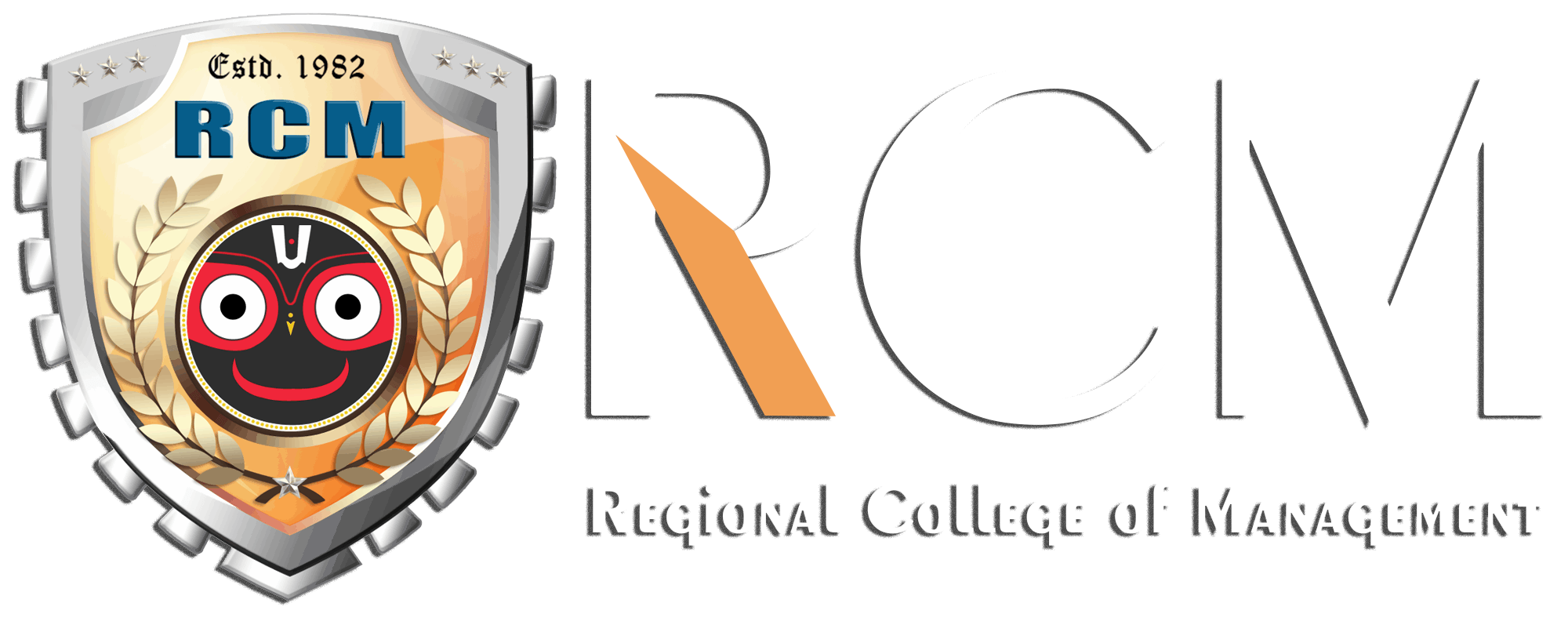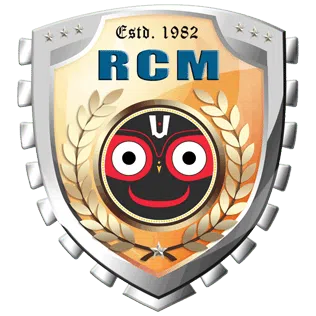Why Choosing the Best MBA Specialization Matters
Many students pursue an MBA not only for a high-paying job but also for leadership opportunities, entrepreneurship, and long-term career growth. With over 2 lakh MBA applicants every year but only 30,000–40,000 relevant jobs, selecting the best MBA specialization is essential. A mismatch between specialization and skills can limit opportunities in the competitive business world.
Best MBA Courses & Specializations to Consider
Here are some of the top MBA courses and specializations aligned with industry demand:
| Specialization | Ideal For | Career Scope |
|---|---|---|
| MBA in Finance | Analytical thinkers, investment-driven professionals | Banking, investment firms, corporate finance, project management |
| MBA in Marketing | Creative, persuasive individuals | Branding, digital marketing, sales strategy, market research |
| MBA in HR | Empathetic leaders, people managers | HR strategy, organizational development, talent management |
| MBA in Business Analytics | Data-driven professionals | Data science, predictive analytics, consulting |
| MBA in Operations | Organized planners | Logistics, supply chain management, production planning |
| MBA in International Business | Global market enthusiasts | Export/import, cross-border trade, global strategy |
| MBA in IT | Tech-savvy individuals | IT consulting, business transformation, e-commerce |
| MBA in Healthcare / Rural / Event Management | Niche-focused professionals | Hospital management, rural development, event planning |
| MBA in Strategy & Project Management | Leaders with big-picture thinking | Business strategy, consulting, mergers & acquisitions |

How to Choose the Best MBA Specialization
- Identify Your Strengths – Leadership, analytical skills, stress management, and communication abilities.
- Assess Interests – Does digital marketing, finance, or HR excite you more?
- Work Style Preferences – Do you thrive in team settings, solo research, or leadership roles?
- Align with Long-Term Goals – Entrepreneurship, corporate ladder, or consulting?
- Adaptability Under Stress – Success in any MBA course requires resilience under deadlines.
Emerging Trends in MBA Courses
- Digital Marketing MBA – Rising demand with e-commerce, social media, and SEO-driven businesses.
- Supply Chain Management MBA – Critical in global trade and operations efficiency.
- Project Management MBA – Increasing importance with IT, infrastructure, and global outsourcing.
- Business Strategy MBA – Top choice for consulting and leadership-focused candidates.
- Top MBA Dual Specializations – Finance + Analytics, Marketing + Digital, Operations + IT.
Expert Tips for MBA Aspirants
- Don’t follow trends blindly—choose what aligns with your strengths.
- Consult alumni and mentors for real-world career outcomes.
- Explore internship and placement records before selecting a specialization.
- Review global top MBA rankings to understand future opportunities.
Conclusion
Selecting the best MBA specialization and the best MBA courses is not just about following popular choices; it’s about aligning personal strengths with industry opportunities. Whether it’s finance, HR, marketing, digital marketing, supply chain management, project management, or business strategy, the right choice can shape your leadership journey in the business world.
Invest time in self-awareness, explore specializations deeply, and make a decision that pays long-term dividends in your career.






















